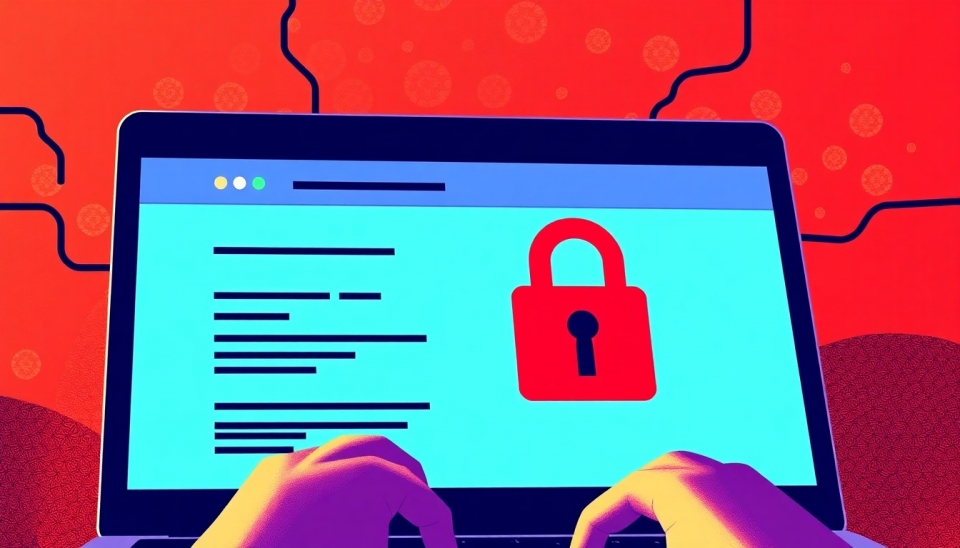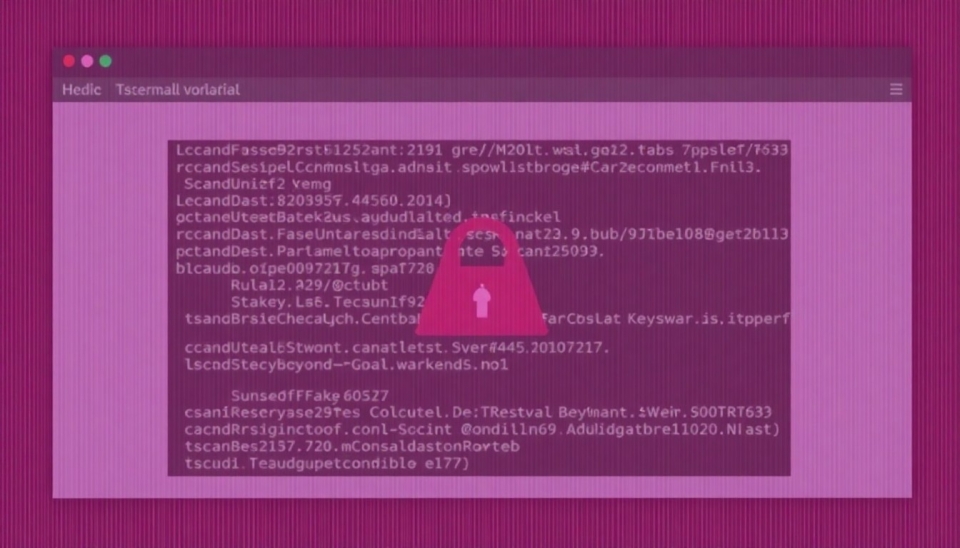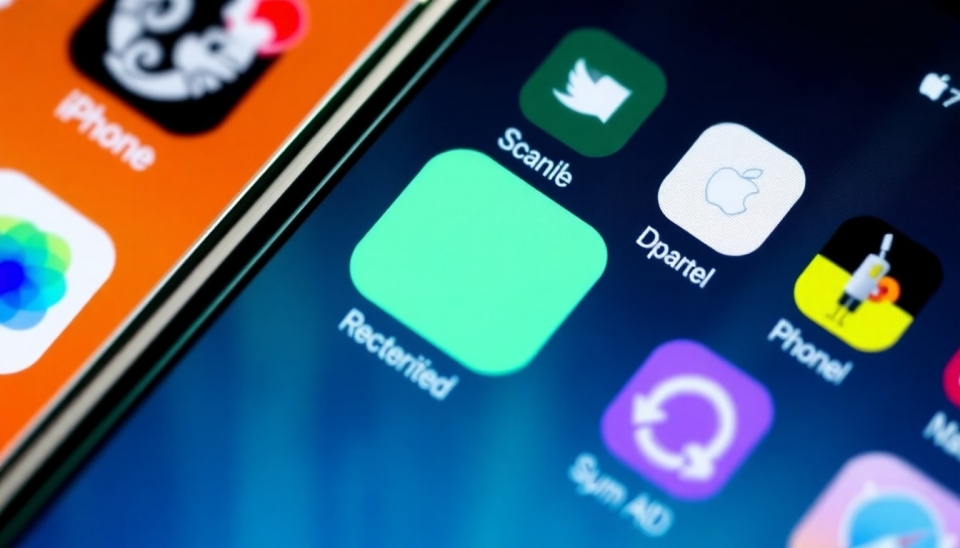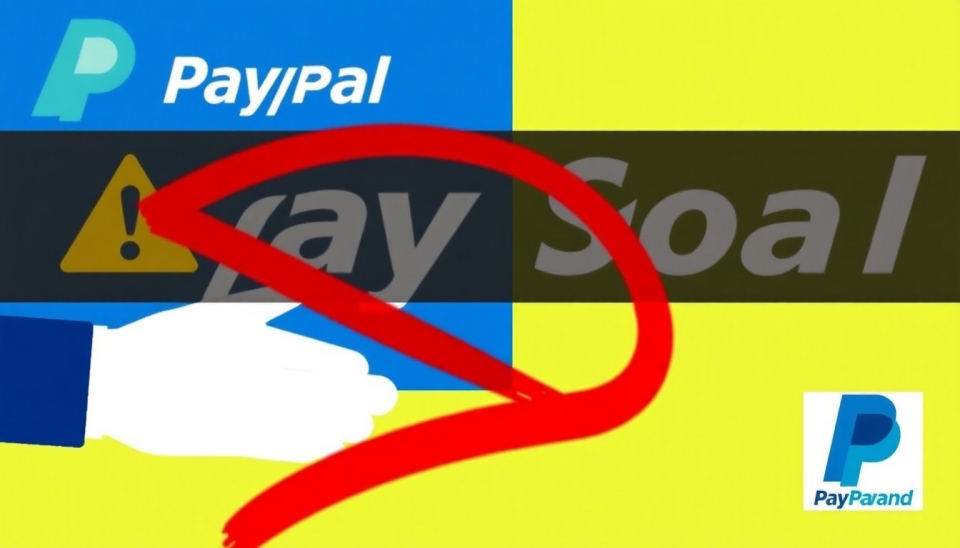
Beware! New Phishing Attack Method Bypasses Two-Factor Authentication
Recent research in cybersecurity has uncovered a new type of phishing attack that employs real-time technologies to bypass two-factor authentication (2FA). Modern hackers have developed a complex method that allows them to intercept user data and gain access to personal accounts, despite the additional protection typically designed to prevent unauthorized access.
Continue reading
New Malware Exploits Fake Updates to Steal Data
A new type of malware has recently been identified in the cybersecurity field, actively using the tactic of fake updates to steal users' confidential information. This malicious software is designed to bypass antivirus systems and other protective mechanisms.
Continue reading
Beware: Clicking on a Google Calendar Invite Could Be a Hacker's Trap
Recent days have seen reports about a new tactic being employed by hackers for phishing attacks. Users receiving Google Calendar invites are becoming the targets of these malicious behaviors. The cybercriminals behind this scheme are known to send fake invitations that appear legitimate. Unwary users can easily click on a link and enter their credentials, providing hackers with access to personal information.
Continue reading
Scammers Find Sneaky Way to Bypass Your iPhone's Safety Features
Recent investigations have revealed that scammers have found a way to bypass the built-in safety features of the iPhone. Using a specific scheme, they can access users' personal information despite various warnings and precautions implemented by Apple to protect its customers.
Continue reading
Dangerous Scam: Apple Users Face New Threat Over Disabled ID Message
Recently, a new scam targeting Apple users has come to light. People have started receiving messages stating that their Apple ID account has been disabled. These notifications appear very legitimate and can suddenly pop up on iPhone or iPad screens. However, experts warn that these messages are a dangerous scam aimed at stealing personal data and accessing sensitive information.
Continue reading
New Malware: Scammers Use AI to Disguise as Video Calls on Mac
A recent cybersecurity study has uncovered new malware targeting macOS users, leveraging artificial intelligence technology to mask its malicious actions. This software, dubbed "MacStealer," is reportedly operating under the guise of video calls, making it difficult to detect.
Continue reading
Warning: PayPal Scams Are Everywhere Right Now!
Recent investigations have shown that scams involving PayPal are spreading at an alarming rate, and users are strongly advised to stay vigilant. In recent weeks, numerous cases have come to light where criminals have employed various deceitful techniques to trick individuals into sharing confidential information or sending money to scam accounts.
Continue reading
Beware of Phishing: How to Protect Yourself from Email Scams This Holiday Season
As the holiday season approaches, it is crucial to remain particularly vigilant against potential email scams. During this time of year, criminals ramp up their efforts to deceive users through various phishing emails. They employ tricks to make victims disclose personal information or carry out financial transactions. Let's take a look at the most common types of phishing attacks that one might encounter during the holidays.
Continue reading
Warning About Phishing Scams: How to Protect Your Apple ID from Theft
In a recent information bulletin, cybersecurity experts warned users about the rise of new phishing schemes aimed at stealing Apple ID accounts. These attacks are becoming increasingly sophisticated and can deceive even the most experienced users. Victims are prompted to click on links where they are asked to enter their login details. As a result, the attackers gain access to accounts and can steal personal information and funds linked to associated bank cards.
Continue reading
Community Alert: Why Your Email Didn’t Expire - It’s Just Another Sneaky Scam
In recent weeks, many residents in the United States have started receiving emails claiming their email accounts are about to expire. The emails, purportedly from major email providers like Gmail or Yahoo, look very convincing and include threats of immediate account suspension. However, this is nothing more than a scam aimed at luring users into a trap.
Continue reading